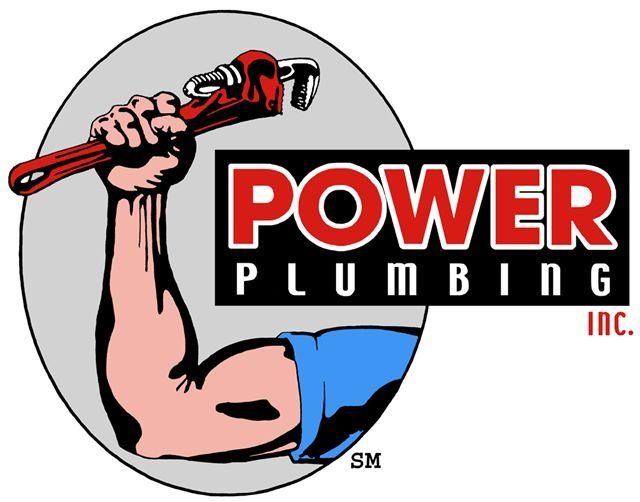The Importance of Whole-House Water Filtration Systems
- By Admin
- •
- 08 Aug, 2024
Many households receive tap water that may contain contaminants such as lead, chlorine, or bacteria. These impurities can have detrimental effects on our health and well-being. While many people opt for point-of-use filtration systems like pitchers or faucet filters, these only provide a temporary solution to the problem. What if there was a more efficient way to ensure safe and clean water throughout your entire house? That's where whole-house water filters come in. In this blog post, we'll explore the importance of whole-house water filters and why they may be the best option for your household.
The Benefits of Whole-House Water Filters
Provides Clean Water for All Uses
One of the main advantages of a whole-house water filtration system is that it filters all the water entering your home. This means that every tap, showerhead, and appliance in your house will receive clean and filtered water. Not only does this ensure safe drinking water, but it also eliminates contaminants from other uses, such as cooking or bathing.
Saves Money on Bottled Water
Many households rely on bottled water as a source of clean drinking water. However, purchasing bottled water can quickly add up and become a significant expense. With a whole-house water filtration system, you no longer need to spend money on bottled water, as your tap water will be safe for consumption.
Protects Your Health
Contaminated water can have adverse effects on our health, ranging from mild irritations to severe illnesses. Lead, for example, can cause developmental delays in children and kidney problems in adults. Whole-house filtration systems remove these impurities and provide clean and safe drinking water, protecting the health of your entire household.
How Does Whole-House Water Filtration Work?
Whole-house filtration systems use a combination of physical and chemical processes to remove impurities from your water. These systems typically consist of three main components: a sediment pre-filter, a carbon filter, and a post-filter.
The sediment pre-filter removes larger particles such as sand, dirt, or debris before the water enters the carbon filter. The carbon filter removes smaller contaminants like chlorine, pesticides, and other chemicals. Finally, the post-filter ensures that any remaining particles are removed before the water reaches your taps.
Types of Whole-House Water Filtration Systems
There are various types of whole-house water filtration systems available on the market. Some use reverse osmosis technology to remove impurities, while others use activated carbon filters. It's essential to research and understand the different types of systems to determine which one would be most suitable for your household.
Factors to Consider When Choosing a Whole-House Water Filtration System
When selecting a whole-house filtration system, there are several factors you should consider:
Water Quality
The first step in choosing a filtration system is to test your water quality. This will help determine what contaminants need to be removed and which type of system would be most effective.
Maintenance
Different systems require varying degrees of maintenance. Some may require frequent filter changes, while others only need occasional replacements. It's essential to factor in the maintenance costs and schedule when deciding on a system.
Budget
Whole-house water filtration systems can range in price, so it's crucial to determine your budget beforehand. While some systems may cost more initially, they could save you money in the long run by eliminating the need for bottled water.
Flow Rate
The flow rate is an essential factor to consider as it determines how much water can pass through the system at a time. If you have a large household with high water usage, you'll need a system with a higher flow rate.
Installation and Maintenance of Whole House Water Filtration Systems
Installing a whole-house filtration system typically requires professional help, but it's worth the investment for the long-term benefits. Once installed, regular maintenance is necessary to ensure the system continues to function effectively. This includes replacing filters, sanitizing the system, and conducting periodic water quality tests.
Whole-house water filtration systems provide numerous benefits for households, including clean and safe water for all uses, cost savings on bottled water, and protection of your health. With various types of systems available, it's essential to research and consider factors such as water quality, maintenance, budget, and flow rate when choosing a system. By investing in a whole-house filtration system, you can have peace of mind knowing that your household's water is safe and healthy.
Contact us at Power Plumbing Inc. to learn more about installing a water filtration system throughout your house.





